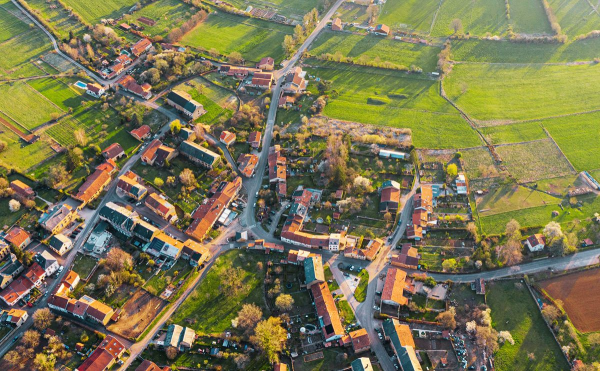Our Story
Founded in 1994, the Association of Cities for Recycling (AVR-ACR) was created to exchange good practices on separate waste collection in urban and regional settings. Over the years, it has grown into an international network, comprising local and regional authorities, along with other key stakeholders from across Europe and beyond and extensive scope of expertise.
Our journey began with a clear focus on waste management, but as sustainability became a more pressing global issue, we evolved. Today, we embrace a holistic approach to sustainable resource management, focusing on waste prevention, the efficient use of resources, and the circular economy. By fostering collaboration between our members and external partners, we have consistently worked toward a shared vision of a sustainable future for all communities.
With 30 years of experience, ACR+ remains committed to inspiring and supporting cities and regions in their quest to reduce their environmental footprint and enhance resource efficiency. Our history is a testimony to the power of collective action and innovation in achieving sustainable goals.


- 1994 - Hello AVR-ACR: The Association of Cities for Recycling (AVR-ACR) is established in May 1994, in Pamplona (ES), to exchange knowledge and good practices on separate waste collection.
- 2000 - Cities and regions are the same side of the coin: ACR gains a R, changing to the Association of Cities and Regions for Recycling, to encompass under its scope also the regional level.
- 2004 - All is in the R+: AVR-ACR becomes the Association of Cities and Regions for Recycling and Sustainable Resource Management, under the acronym ACR+. The R+ represents the hierarchical approach to waste.
- 2014 - Happy 20, welcome circular economy: While the EU Commission is working on its first circular economy strategy, ACR+ turns 20 and publishes its “new” vision, anchoring itself in the concept of circular economy.
- 2015 - Good-bye recycling: ACR+ drops “recycling” from its name to better reflect its priorities. More than recycling, a sustainable material resource use requires waste prevention actions, re-use and repair initiatives, the support of eco-design, and many other measures at different levels.
- 2019 - “More circularity, less carbon”: With this campaign, ACR+ highlights the local carbon footprint of material resources and waste, insisting on the link between circular economy and climate mitigation.
- 2024 - 30 years and a renewed vision: ACR+ marks 30 years of existence with a blueprint for action towards 2030 and beyond: “No sustainable future without a just, sufficient, and circular transition”.



